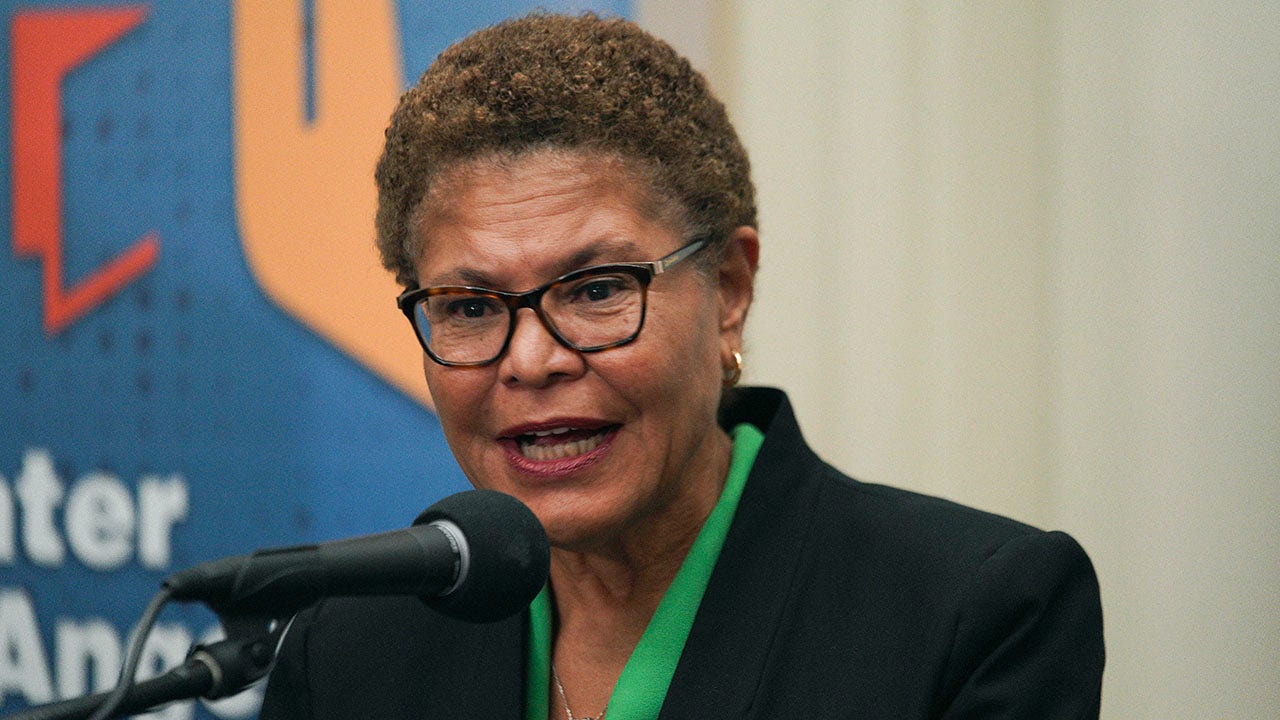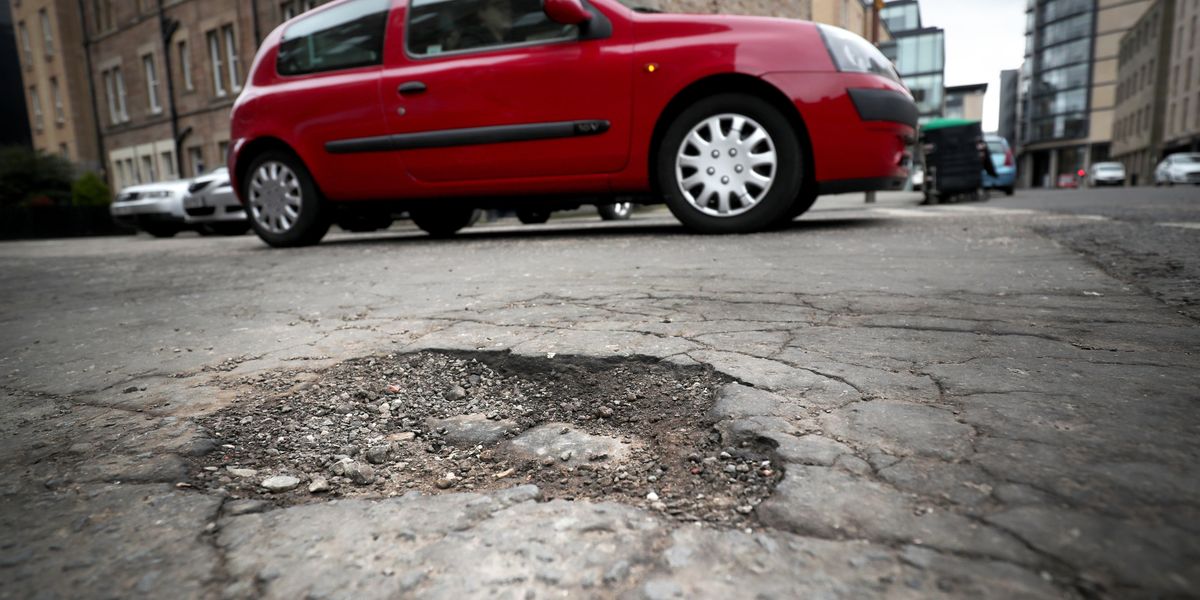TikTok is just days away from being potentially banned across the United States, which could leave tens of millions of users in the dark.
On Friday, Supreme Court justices heard arguments on whether or not they should step in and pause the decision.
A decision that the app claims is a violation of free speech for its millions of American users in the nation.
If the Supreme Court doesn't block the federal law that forces the platform to cut ties with its China-based parent company, TikTok will stop its distribution in the country on January 19.
But what would that mean for nearly 170 million chronic scrollers in the United States?
'We go dark,' Noel Francisco, a TikTok attorney, told justices on Friday. 'Essentially, the platform shuts down.'
If ByteDance, TikTok's owner, doesn't sell the platform to a non-'foreign adversary', it will become illegal for American internet services to support or even distribute it.
Those who wish to access or download the platform from the app store will be unable to do so as it will be made completely inaccessible through internet browsers in America.
If the Supreme Court doesn't block the federal law that forces TikTok to cut ties with ByteDance, its China-based parent company, the app will officially stop its distribution in the United States on January 19
On Friday, justices heard arguments on whether or not they should step in and pause the decision - a decision in which TikTok considers to be a violation of free speech for its millions of American users in the nation
TikTok has argued that the decision is a violation of free speech for its millions of American users in the nation (pictured: Zhang Yiming, founder of ByteDance)
Although TikTok has called the measure a 'total ban', the app will not magically vanish off users phones if it already exists on their home page, People reported.
Pre-existing users may even be able to access its content after January 19 - but not without a catch.
The app would fail to update - including security patches and bug fixes - degrading the quality and making it more difficult to use overtime before it becomes completely unworkable.
A VPN, or a virtual private network that allows users to mask their current location, has been brought up as a possible 'workaround' method to access the app after the ban, ABC 7 reported.
But the method may pose larger problems for giant American internet companies, such as Apple or Google, who will face massive financial penalties for violating the law - meaning they may find other ways to clamp down to avoid heading in that route.
While thousands of users and creators continue to hold out hope that the ban will end up not taking effect, a majority of Supreme Court Justices appeared to be willing to rule against the cemented entertainment app.
Their motivations may be because they seemingly don't feel as though the law creates an unconstitutional block to the nation's right of speech since TikTok's Chinese owners can simply sell the app.
'The law is only targeted at this foreign corporation, which doesn't have First Amendment rights,' Justice Elena Kagan said at Friday's hearing.
Either way, an ultimate ruling is expected sooner rather than later, given the deadline coming up in less than two weeks.
If ByteDance doesn't sell the app to non-'foreign adversary', it will become illegal for American internet services to support or even distribute it
Although TikTok has called the measure a 'total ban', the app will not magically vanish off users phones if it already exists on their home page and instead will fail to update
The app's failure to update will degrade the quality and make it more difficult to use overtime before it eventually becomes completely unworkable
President Joe Biden signed the legislation last year after it overwhelmingly passed the hands of Congress.
The legislation is intended to force ByteDance to sell it over based on fears that China's government can use the app's data to manipulate or even harm the American people - ultimately posing a national security risk to the nation.
Conservative Justice Brett M. Kavanaugh focused on that exact risk - suggesting that the Chinese government can gather information on millions of American teenagers to eventually 'develop spies, turn people, blackmail people' when they grow older and attempt to work for security agencies or the military, the Times reported.
Liberal Justice Ketanji Brown Jackson agreed, suggesting that the law was less about speech than about association.
Jackson said that barring the app from associating with a Chinese company was similar to barring Americans from associating with foreign terrorist groups - again citing national security reasons.
But lawyers for TikTok have pushed back, criticizing the sell-or-ban ultimatum as 'conceived and pushed through based on inaccurate, flawed and hypothetical information, resulting in outright censorship of the American people'.
Noel Francisco, a lawyer representing the app and ByteDance, along with Jeffrey Fisher, a lawyer representing the app's users, suggested that potential manipulation wasn't enough to justify the law.
Francisco said that the government in a free country 'has no valid interest in preventing foreign propaganda' and constitutionally cannot keep American users from being 'persuaded by Chinese misinformation'.
The legislation is intended to force ByteDance to sell it over based on fears that China's government can use the app's data to manipulate or even harm the American people - ultimately posing a national security risk to the nation
President-elect Donald Trump has also joined forces in pushing for a pause in the law from taking effect until after he's back in the White House on January 20, despite once sharing a view that the app posed a national security risk
A majority of Supreme Court Justices appeared to be willing to rule against the cemented entertainment app - also citing potential national security issues
He added that the legislation is targeting the overall content of speech which isn't permitted within the First Amendment.
'The government just doesn't get to say "national security" and the case is over,' Fisher added on Friday.
'It's not enough to say "national security" - you have to say "what is the real harm?"'
But lower courts have concluded that the federal government had a valid interest in their beliefs that the app could create national security issues., People reported.
On Friday, Solicitor General Elizabeth Prelogar, who was arguing on behalf of the government, said that for TikTok to operate as normal, the only solution was simply to sell it.
'TikTok, if it were able to do so, could use precisely the same algorithm to display the same content by the same users,' she noted.
'All the act is doing is trying to surgically remove the ability of a foreign adversary nation to get our data and be able to exercise control over the platform.'
President-elect Donald Trump has also joined forces in pushing for a pause in the law from taking effect until after he's back in the White House on January 20, despite once sharing a view that the app posed a national security risk, the Times reported.
Lawyers for TikTok have pushed back, criticizing the sell-or-ban ultimatum as 'conceived and pushed through based on inaccurate, flawed and hypothetical information, resulting in outright censorship of the American people'
Giant American internet companies, such as Apple or Google, will face massive financial penalties for violating the law
When describing what the ban will do in front of justices on Friday, Noel Francisco, a Tiktok attorney, said: 'We go dark. Essentially, the platform shuts down'
Trump urged that he be given the time to 'resolve the issues at hand through political means once he takes office' in a brief he filed before the high court.
But the justices suggested that they didn't take it seriously and appear unlikely to wait for the former president's return to the Oval Office.
Other established social media platforms such as Instagram, Snapchat and Google are expected to benefit from the ban as one of their biggest competitors would be out of the market.
However, the new law does require that TikTok provides users with their data and their personal published content upon request before the restrictions take place on January 19.
Other countries, including India, have additionally taken similar action against TikTok, People reported.
China has also followed suit with banning several massive US platforms, such as Facebook, Google and YouTube.

 By Daily Mail (U.S.) | Created at 2025-01-12 13:44:43 | Updated at 2025-01-12 18:47:27
5 hours ago
By Daily Mail (U.S.) | Created at 2025-01-12 13:44:43 | Updated at 2025-01-12 18:47:27
5 hours ago








